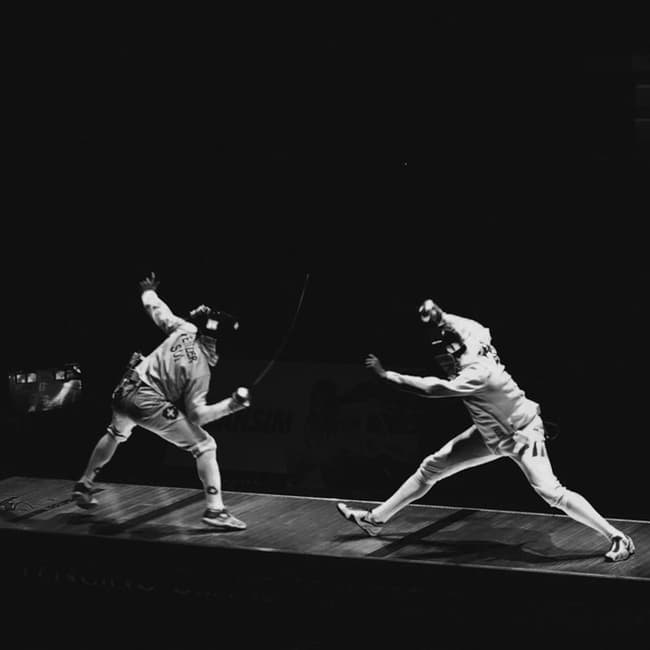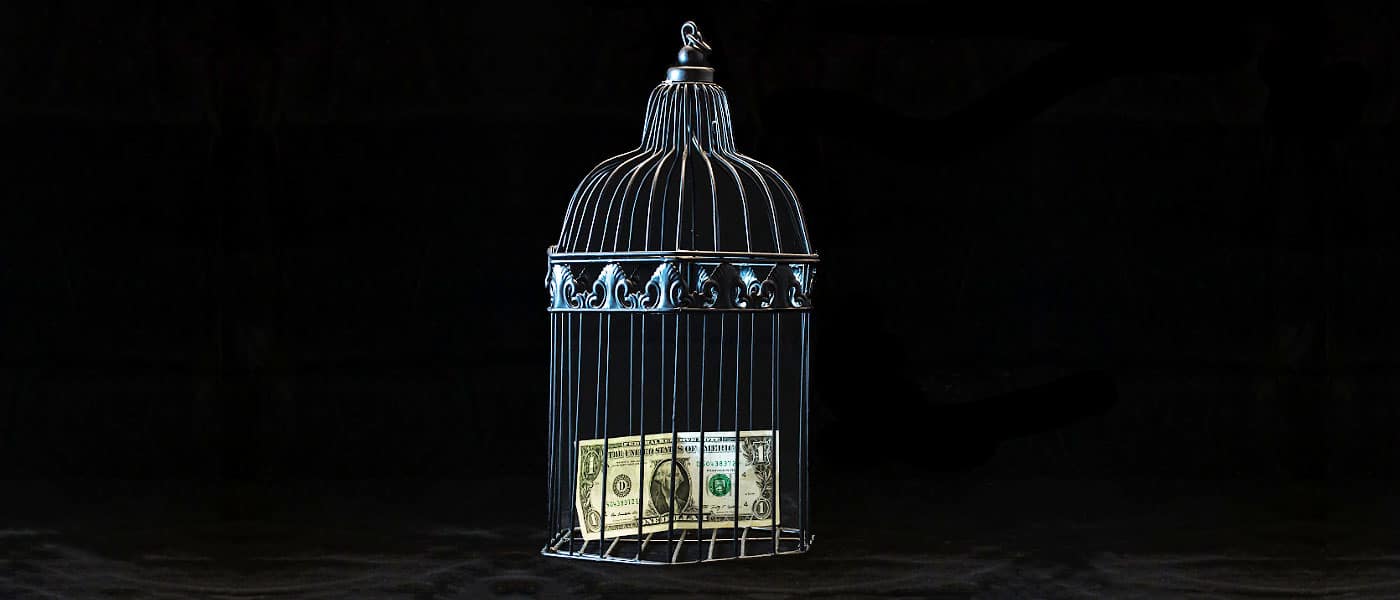
Parenting philosophy: Stop praising mediocrity
Opinion + AnalysisRelationships
BY Matthew Beard 27 JUN 2019
I spent this weekend hearing from all corners what a wonderful Dad I am. It was quite lovely, and I’d very much like for it to happen more often.
This weekend I was effectively a sole parent as my wife was rendered bedridden by illness. For two days, I was in charge of a seven-week-old baby and almost three-year-old toddler.
Miracle of miracles – they didn’t die. In fact, I managed to feed and bath them, plus made sure they slept. I even packed them both up in the car and took them to a birthday party and back again.
An uneven playing field?
This is the Herculean labour that earned me torrents of praise. In fact, it didn’t just earn me praise – people messaged my bed-ridden wife not only with well-wishes, but to tell her how lucky she was. Oh, to have a co-parent like him!
I can’t imagine how frustrating these messages are for her to receive. I spend four days a week at work, which means she has the kids solo for those four days. In that time, she takes them to doctors appointments, libraries, playgrounds, feeds them, does an enormous amount of housework and manages, somehow, to keep herself alive.
What I did this weekend amounts to about 50% of what she does week in, week out. Guess how many people have texted me to say how lucky I am?
Less effort but more praise?
The double-standards here are staggering. They’re also incredibly unfair. To see someone receive more praise for less effort is profoundly invalidating – something about which women have been increasingly outspoken. It also makes social progress difficult – the more we see men’s modest contributions as incredibly generous and praiseworthy, the harder it is for women to ask more (even though what they’re asking for is entirely reasonable – lest we forget the last census, which reports that one in four men do zero housework).
What’s been less widely addressed is just how bad this double-standard is for men. I, and I would imagine most dads, want to be a great parent and partner. But that’s not helped by receiving praise for every little thing I do – it gives a false impression of exactly where I am on the spectrum: am I doing a great job, a terrible one, or just a mediocre one? It’s hard to tell through all the well-intended, generous praise.
Praise can be a double-edged sword
Praise is a powerful tool for behavioural change and moral growth. It can be used to help encourage people to do the right thing, remind them when they’ve slipped up and point out whose behaviour is a good example to follow. But that only works if the people offering praise have a clear idea of what’s actually worth praising – the praise in itself means nothing if it’s not properly calibrated.
And this is why the kind of praise I received is a problem. Taking care of your children is not exceptional, parenting-wise. It’s just what you’re supposed to do. Ditto, doing the laundry, cooking for the family, organising tradesmen to come and fix the house, planning birthday parties and all the other domestic activities that women do thanklessly and men do heroically. Or, at least, some men – again, one in four do no chores.
The sheer mass of men not pulling their weight makes it so easy for mediocrity to look amazing. The comedian Hannah Gadsby talks about how there is a line in the sand between ‘good men’ and ‘bad men’, but how it tends to be men who determine where that line is drawn. Similarly, as a dad I can always find a dad who isn’t doing quite as much as me and use that to determine how much I’m contributing. And, good news, I’m likely to have my self-image reinforced by praise and gratitude at every turn.
What’s more, there’s a social message embedded in that praise. Just as the text message said, women are told they should be grateful to have a partner who is not one of those who does no housework. Maybe he doesn’t do much – but it’s not nothing, so lucky you. Obviously, these narratives are very bad for equality.
They’re also, as I said, very bad for men who want to be great partners, parents and people. The school of ethical thought that most focusses on the kinds of questions I’m asking here is known as ‘virtue ethics’. Virtue ethics focusses on the kinds of character traits that are most likely to make people good and the kinds of activities that are likely to develop and model those characteristics.
Thinking in this way, we might be inclined to say that being a good parent requires the development of a bunch of different character traits – like compassion – and then practising those character traits by, say, holding a child gently while they have an emotional meltdown.
However, one the key ways we learn the virtues is by emulating role models. That means who we single out as role models is really important and – as we’ve said – what counts as ‘exemplary’ parenting can, for dads, be a pretty low bar. Not only does this leave a lot of cleaning up for the co-parents of men who have been sold this story, it undermines their ability to become who they really want to be: great dads.
What do we do about this? Well, for one thing, we should stop giving blokes a cookie just because they showed up. Reserve our praise for when it’s really deserved – and then hand it out equally. Great parenting is great parenting – just because it’s more common to see women in that role doesn’t mean they’re unworthy of praise.
Second, I think men have got to be critical about the kinds of feedback they receive. Before letting it stoke our egos, we need to consider whether or not it’s warranted. In an age of allyship and leaning in, social brownie points are pretty easy to come by for men. But we need to hold ourselves to a higher standard. As the philosopher Kwame Anthony Appiah writes, “a person of honour cares first of all not about being respected but about being worthy of respect.”
Matt Beard is a tired, okay dad.
Ethics in your inbox.
Get the latest inspiration, intelligence, events & more.
By signing up you agree to our privacy policy
You might be interested in…
Opinion + Analysis
Relationships
Now is the time to talk about the Voice
Opinion + Analysis
Relationships
How to respectfully disagree
Opinion + Analysis
Business + Leadership, Relationships
Can you incentivise ethical behaviour?
Opinion + Analysis
Health + Wellbeing, Relationships





